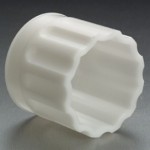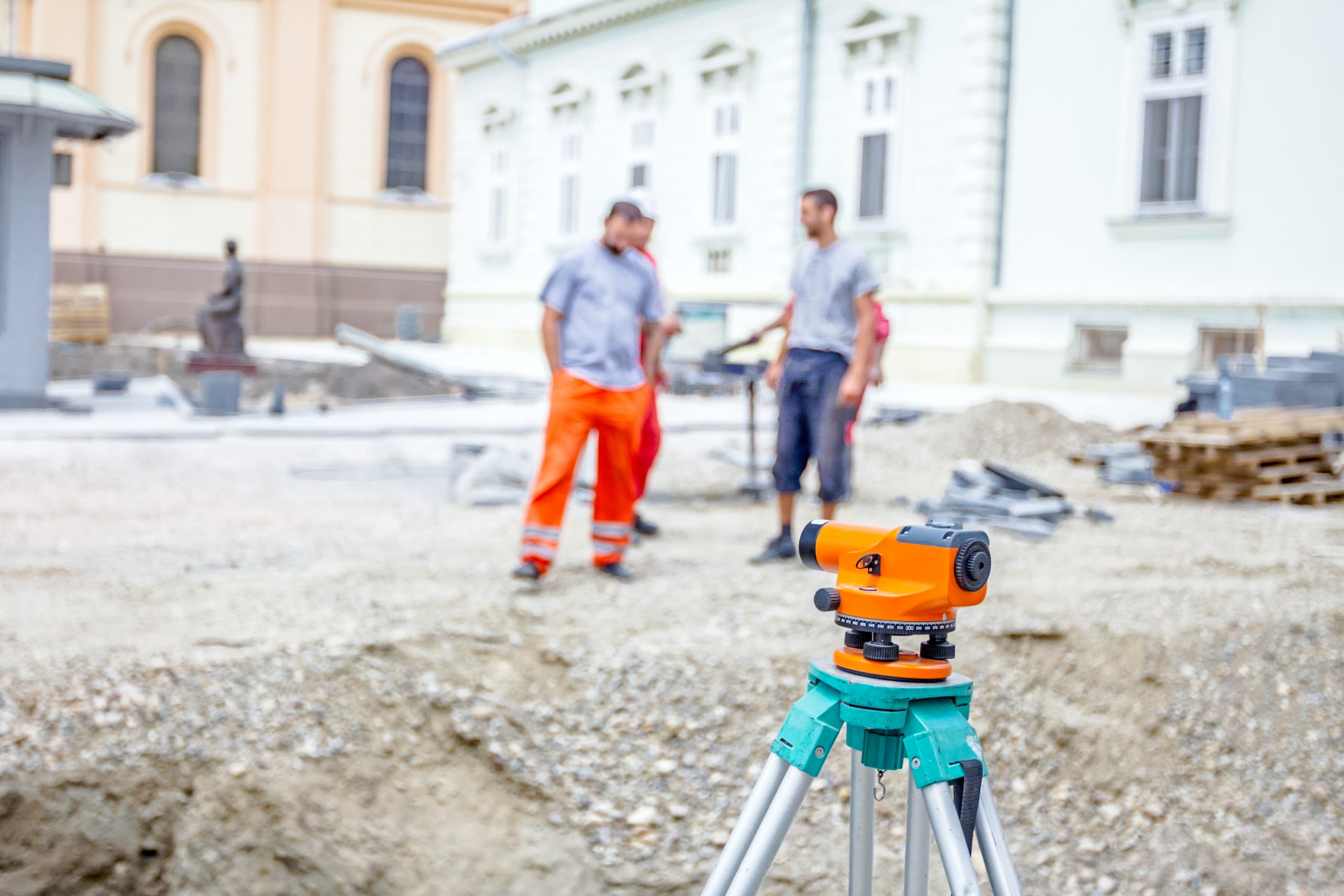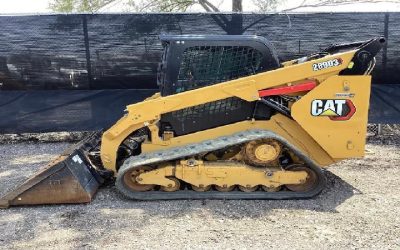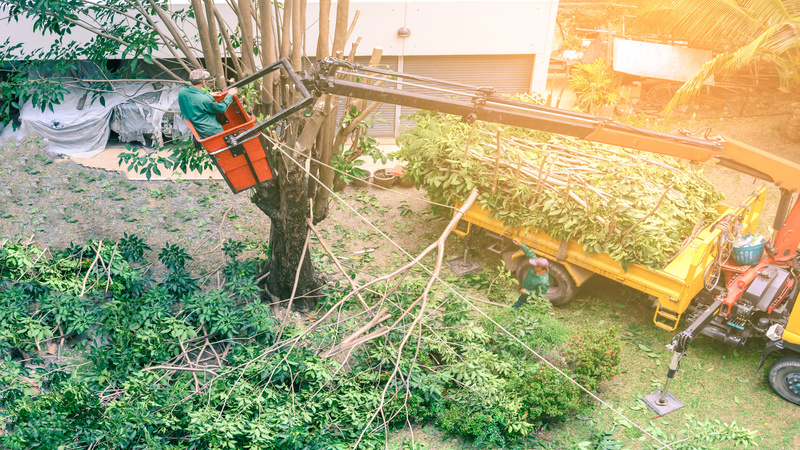Since its commercial debut in the late 1990s, 3D printing has been the focus of much attention from key players in the plastics manufacturing industry. However, while it’s true that 3D printing continues to grow in both capabilities and scope, it is still comparatively limited when it comes to the range of materials it can use, and the structural strength of the products it produces.
The Test of Time
Plastic CNC machining, on the other hand, is a tried and trusted method that’s been producing solid objects in hundreds of materials for decades. CNC Machining uses computers to control machine tools such as include lathes, mills, routers and grinders.
Using this method, a computer program is customized for a particular object or part, and the machines are programmed to control feed rate, coordination, exact positioning and speed.
Perfect for Prototyping
Plastic CNC machining hasn’t always been a viable option for prototyping plastic parts, as it could only produce the same part over and over once the toolpaths had been created. This took significant time and manpower, as the main challenge was developing software that would convert CAD models to toolpaths.
Once the software had been created, however, plastic CNC machining of individual parts became, and still is today, a viable and affordable prototyping option. Using this method, prototypes can be created in actual production-equivalent materials, meaning thorough, effective functional testing can be carried out.
Key Benefits
CNC machining of plastics is probably the process that most closely resembles injection molding in terms of the finished product. It can be offered on a wide range of materials, including POM, PP, PC, PMMA, ABS and PBT. Most of these plastics can be bonded effectively (with the exception of PP), and completed, machined parts have a smooth, burr-free surface.
Designs with complex geometries and tight tolerances are easily achievable using this method.
A Clear Advantage
PC and PMMA (acrylic) can both be CNC machined to produce clear parts, which can then be hand polished to the required level of clarity. Lightpipes, lenses and other diagnostic instruments can easily be prototyped using this method in order to evaluate the finished product before mass production.
PEP Connecticut Plastics specializes in CNC plastic machining and turned components, as well as precision plastic machining and plastic fabrication. Visit us at Pepctplastics.com for more information.









